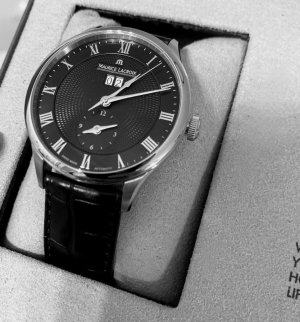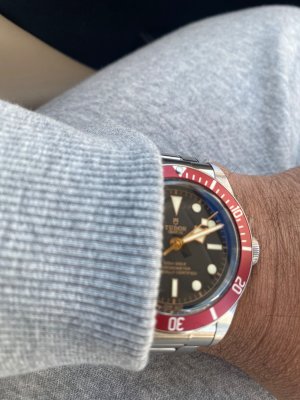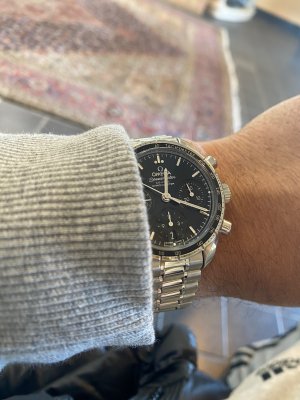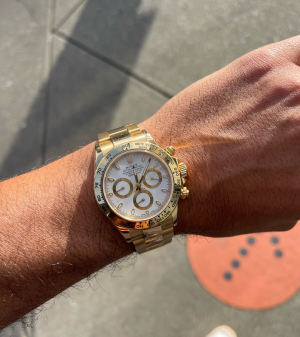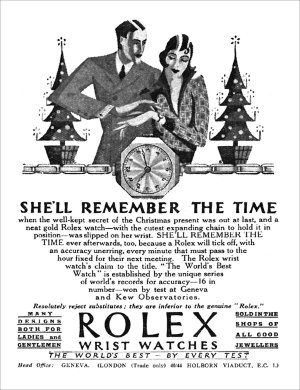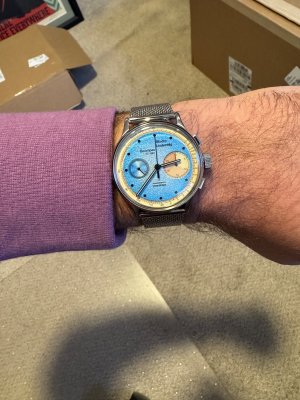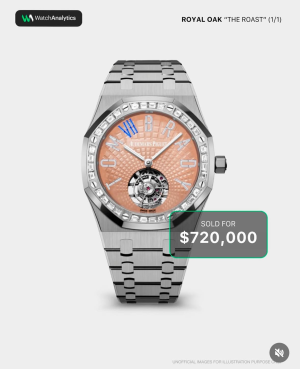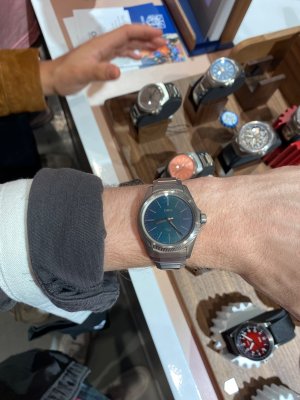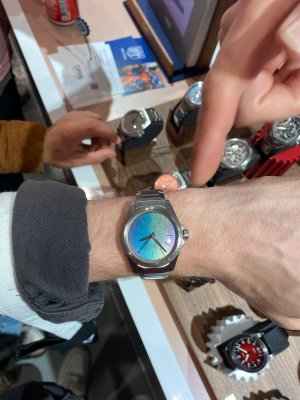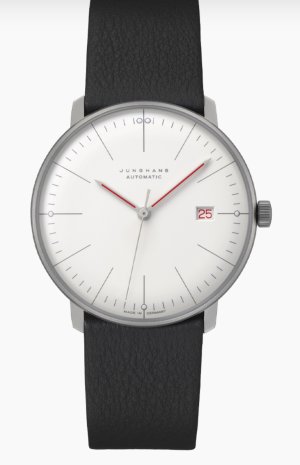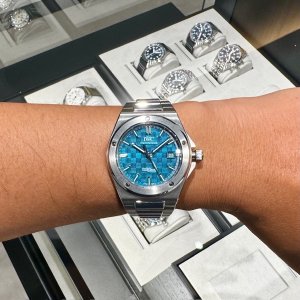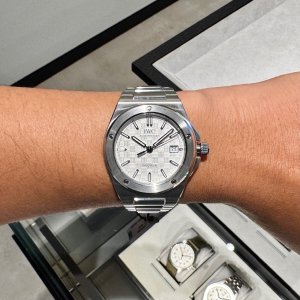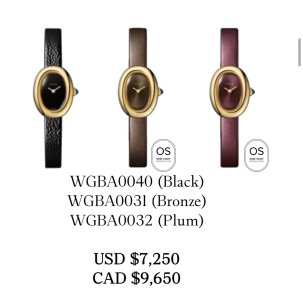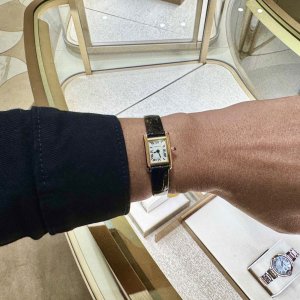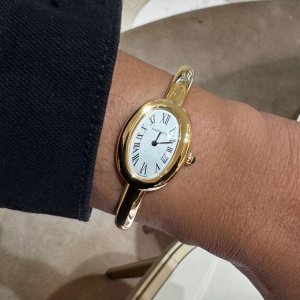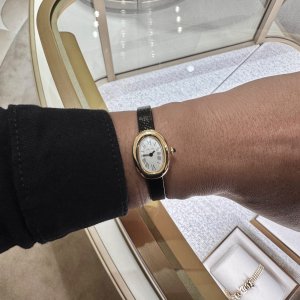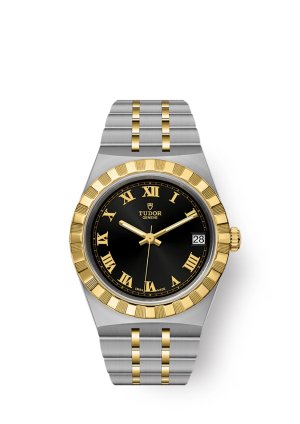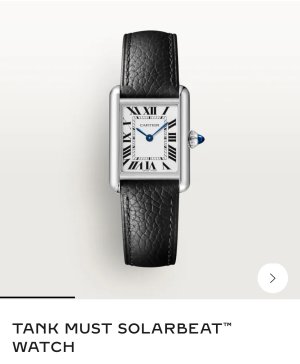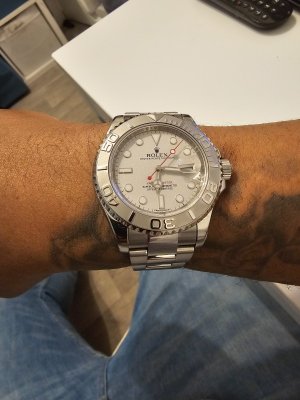Y4BBZY
formerly jyabbz
- Feb 19, 2006
- 924
- 471
It's posted on the first post, JYabbz has done a great job consolidating plenty of information in that very first post.
I don't think he mentioned the price, probably because it varies by brand, but he mentioned all the maintenance needed for each movements.
Price-wise, Rolex tends to be in $400-$500 range which is high but after a service, they give you a new 2 year warranty so it's a good service. IWC does the same iirc, I am not sure about the others. Plus it's usually 4-5 years or when you see something unusual with the watches performance, which ever comes first. Chances are if something is wrong within the warranty, it's covered anyways and it'll get fixed for free.
Yeah, I really did not want to go to in-depth with service/maintenance costs as there is too many factors that determines service/maintenance per watch. For example, stock ETA movements should be cheaper to service than in-house movements due to the availability of parts. Likewise some in-house service/maintenance costs can be cheaper to service than some stock ETA movements from one brand. Currently, the Nomos alpha hand-wind movement seen in the manual Tangente only costs $260 to service from Nomos themselves. The next factor to consider in service/maintenance cost is the watch's service history, usually a well-maintained watch with great service/maintenance history will be cheaper to service than a similar watch that has been neglected. Another thing to consider in service/maintenance cost is the type and amount of complication in the watch. Usually chronos are more expensive to service than their non-chrono equivalent. Likewise, the more complicated the complication is, the more expensive the service/maintenance will cost. For example, a tourbillon is usually more expensive to service than a chrono. The final factor to consider in service/maintenance cost is the manufacturer itself, a Rolex/Tag/Omega is usually more expensive to service than a cheap Seiko.
 but it's coming.
but it's coming.





















